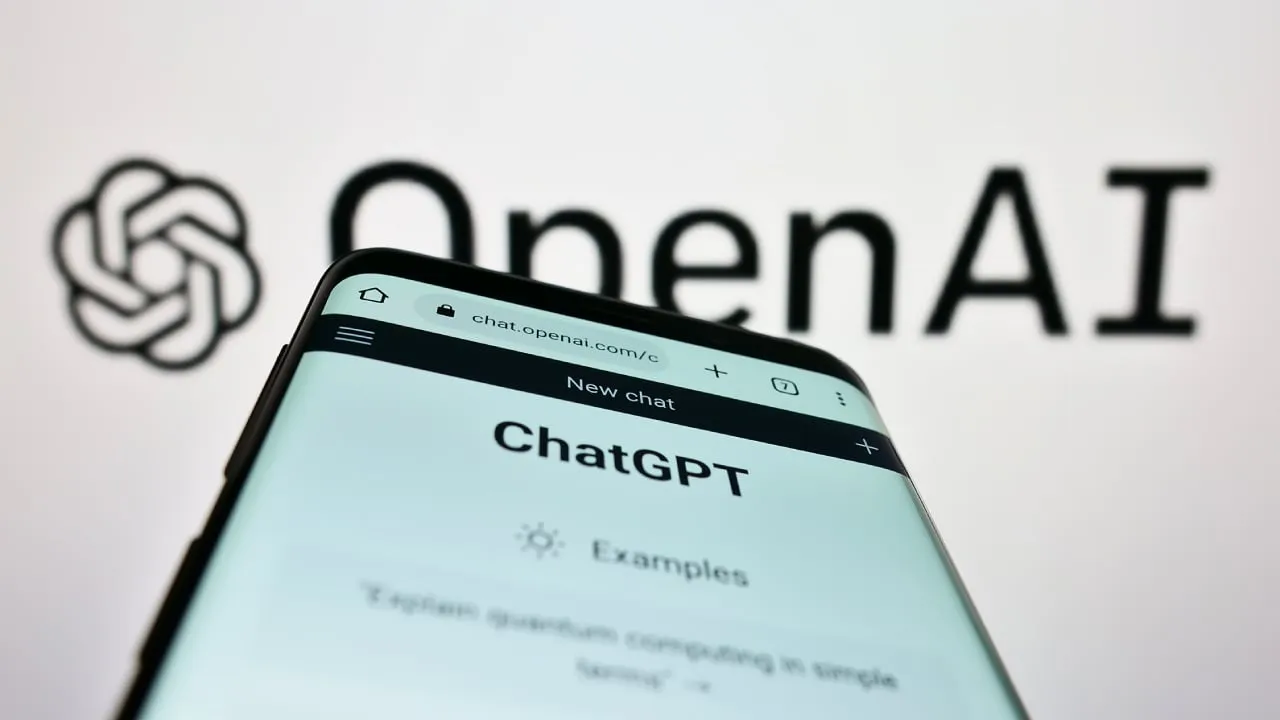Ex-OpenAI Employee Who Raised Ethical Concerns About Data Usage Found Dead in Apparent Suicide

Suchir Balaji, a 26-year-old former researcher at OpenAI who publicly accused the company of unethical data practices, was found dead in his San Francisco apartment in what authorities have determined to be a suicide, according to a report by TechCrunch.
A Whistleblower’s Claims Against OpenAI
Balaji worked at OpenAI from November 2020 to August 2024, contributing to the development of its AI platform. He gained attention for his explosive claims during an interview with the New York Times, alleging that OpenAI improperly used massive amounts of data scraped from the Internet to train its AI, including ChatGPT. He claimed that the company developed transcription software to mine data from YouTube, raising concerns over copyright infringement and ethical boundaries in AI development.
“I initially didn’t know much about copyright, fair use, etc., but became curious after seeing all the lawsuits filed against GenAI companies,” Balaji posted on X in October. “When I tried to understand the issue better, I eventually came to the conclusion that fair use seems like a pretty implausible defense for a lot of generative AI products, for the basic reason that they can create substitutes that compete with the data they’re trained on.”
His remarks gained even more traction amid a wave of legal challenges against AI companies. Last December, The New York Times filed a copyright infringement lawsuit against OpenAI. While OpenAI CEO Sam Altman defended the company’s practices during the New York Times DealBook Summit, claiming they were lawful and innovative, the Times’ lead counsel, Ian Crosby, countered that OpenAI was failing to respect copyright protections.
Tragic Death Shocks Community
Authorities confirmed Balaji’s death on November 26 after responding to a wellness check at his home. “The Office of the Chief Medical Examiner (OCME) has identified the decedent as Suchir Balaji, 26, of San Francisco,” the office said in a statement. “The manner of death has been determined to be suicide.”
In response, OpenAI released a statement expressing condolences: “We are devastated to learn of this incredibly sad news today, and our hearts go out to Suchir’s loved ones during this difficult time.”
A Legacy of Raising Difficult Questions
Balaji’s revelations added fuel to ongoing debates about ethical AI development and copyright compliance. His concerns about generative AI replacing original works and competing with creators’ intellectual property continue to resonate, especially as legal battles against AI firms escalate.
His death has brought renewed attention to the challenges faced by whistleblowers and the toll that standing up against powerful institutions can take on individuals. Balaji’s story serves as a reminder of the complexities and human costs behind the cutting-edge technologies shaping our world.
If you or someone you know is in crisis, help is available. In the U.S., you can contact the National Suicide Prevention Lifeline at 988 or text HOME to 741741.







